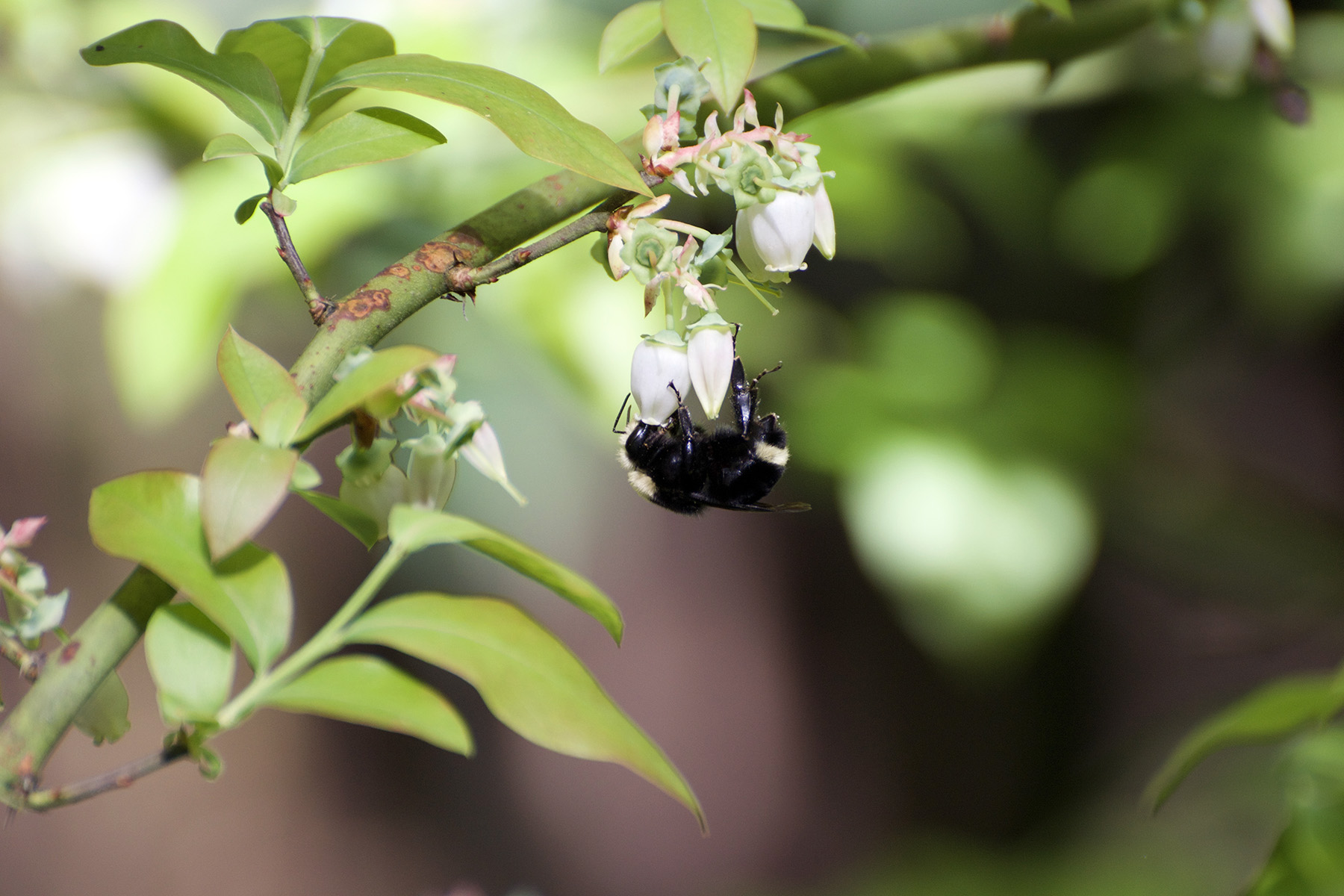“I’m working on human speech [and] I’ve arrived at a melody created by this speech. I’ve arrived at an embodiment of recitative in melody”. – Modest Mussorgsky
We ended up this week with words, didn’t we? Wells’ written words, Hildegard von Bingen’s invented words and now words transformed into melodies. Mussorgsky (1839 – 1881) was interested in realism, by which he meant setting the sound of the spoken Russian language to music. His leanings towards progressive politics and the fact that he was an atheist was evident in the way he selected speech of particular Russians. He set the poetry of Pushkin to music, as well as folk tales and many varieties of ordinary speech – nannies, mothers, children, soldiers. On stage he preferred his evil characters (like Rimsky-Korsakov’s) to be witches, devils, and magicians, as a way to avoid censors.



The music was all about natural rhythm and Russian history, incredibly creative, ahead of its time. Do yourself a favor and listen to what I am attaching below – it is revelatory, particularly if you, like I, were fed on a diet of The Dance of the Bumblebee or Boris Godunov. Slavic tunes, pride in national heritage and a preoccupation with his view of the depth of the Russian soul all colored his compositions in addition to the focus on expressed speech patterns.
The composer, like many of the others (Rimsky-Korsakov, Alexander Borodin, Mily Balakirev and César Cui) in the group of artists he belonged to, known as the Russian Five, – the Moguchaya Kuchka (“The Mighty Little Heap) – died prematurely. Poverty was one of the reasons (in his case alcoholism was another, he was self medicating for his life-long depression) – there was never enough money earned by performances. The Tzar and his court controlled the musical market and Mussorgsky did not have personal sponsors or foreign fairy godmothers who would provide a regular, sufficient allowance.


And yet, he created such beauty – judge for yourself.
I’ll spare you the sadness of his Sunless song cycle, given that I want you to enjoy a sunny weekend. For similar reasons, you’ll be deprived of Songs and Dances of Death – too much of that on our mind. Then again, for the true music lovers, here is a stellar performance of the latter….. couldn’t help myself.



And I had meant to post NO bumble bee music, just bumble bee photographs from yesterday, taken while weeding under my single blueberry bush in bloom, the impetus for thinking about the composer. But I relent there as well, for the sake of the miraculous hands of Evgeny Kissin.







Richard
Very interesting about Mussorgsky. The Italians mark certain passages in opera arias “parlando” when they want it to sound conversational. The famous voice teacher (and composer) Nicola Vaccai, who was the Abendstern of my own voice teacher, said: “Tutti i miei studenti cantano con l’accento naturale della voce.” (“All of my students sing with the natural accent of the voice.”), meaning the natural rhythms of speaking. A lot of teachers in his lineage have the opinion that “If you can speak, you can sing.” I don’t know that I agree with that, but so goes the pedagogy. Finally, do you know Steve Reich’s “Different Trains”? It’s about Holocaust trains. He bases the melodies on recordings of people talking in tape-recorded interviews. A very literal speech-to-music transliteration. Cool piece. https://www.youtube.com/watch?v=sq5jmTx_gO0 https://en.wikipedia.org/wiki/Different_Trains